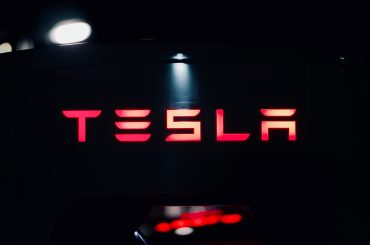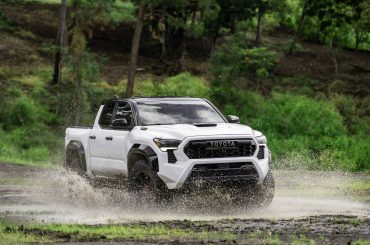Tesla is a well-known company that makes electric cars and is a leader in the field of green transportation. However, there is still some confusion among the general public about the question “Does a Tesla car run on gas too?” The answer is simple: Tesla cars do not run on gas. In this article, we will explore why Tesla cars do not run on gas and the benefits of using an electric vehicle.
First and foremost, Tesla cars are designed to be powered solely by electricity. They are equipped with powerful lithium-ion batteries that store electricity generated from charging the car. This electricity is then used to power the electric motor that propels the car forward. This means that Tesla cars do not require any gasoline or diesel fuel to operate.

One of the main benefits of driving an electric vehicle like a Tesla is that it is significantly more environmentally friendly than a gas-powered car. Gas-powered cars emit harmful pollutants into the air, such as carbon monoxide and nitrogen oxide, which can contribute to air pollution and negatively impact human health. In contrast, electric vehicles produce zero emissions, meaning they do not contribute to air pollution or greenhouse gas emissions. This makes them a much more sustainable transportation option, especially as the world works to reduce its carbon footprint.
In addition to being better for the environment, electric vehicles are also more cost-effective to operate. While the initial cost of purchasing an electric vehicle may be higher than a gas-powered car, electric vehicles typically have lower maintenance costs and require less frequent servicing. This is because they have fewer moving parts and do not require oil changes or other routine maintenance associated with gas-powered cars. Additionally, the cost of electricity used to charge an electric vehicle is generally much lower than the cost of gasoline or diesel fuel, meaning that owners of electric vehicles can save money on fuel costs over the life of the vehicle.

Another benefit of electric vehicles like Tesla cars is that they offer a smoother, quieter ride than gas-powered cars. This is because electric motors provide instant torque, which allows the car to accelerate quickly and smoothly. In contrast, gas-powered cars must build up power gradually, which can lead to a rougher, more jerky ride. Additionally, electric vehicles do not produce the same engine noise as gas-powered cars, making them a more peaceful and enjoyable driving experience.
While Tesla cars do not run on gas, they do have a range of features that make them convenient and practical for everyday use. For example, Tesla cars have a long range on a single charge, meaning that they can travel significant distances without needing to be recharged. They also have a network of Supercharger stations across the country that allow owners to quickly and easily recharge their cars while on the go. Additionally, Tesla cars can be charged at home using a standard electrical outlet or a specially installed charging station, making it easy and convenient for owners to keep their cars charged and ready to go.
In conclusion, Tesla cars do not run on gas. They are powered solely by electricity and are designed to be a more sustainable, cost-effective, and enjoyable alternative to gas-powered cars. By eliminating the need for gasoline or diesel fuel, Tesla cars produce zero emissions and are better for the environment. Additionally, they offer a smoother, quieter ride and a range of features that make them practical and convenient for everyday use. As the world continues to move toward a more sustainable future, electric vehicles like Tesla cars will play an increasingly important role in reducing carbon emissions and preserving the health of our planet.

In conclusion, Tesla cars do not run on gas, and this is a significant part of their appeal. These vehicles are designed to be powered solely by electricity, which makes them more environmentally friendly and cost-effective than their gas-powered counterparts. They offer a smoother, quieter ride, and a range of features that make them practical and convenient for everyday use. Additionally, Tesla is constantly innovating and improving its technology, making its cars safer and more efficient with each new release.
However, it is important to note that the adoption of electric vehicles like Tesla cars still faces some challenges. One of the most significant is the need for a more extensive network of charging stations, particularly in rural areas. There is also a need to make electric vehicles more affordable for a wider range of consumers, which will require continued technological advancements and government incentives.

Despite these challenges, the future looks bright for electric vehicles and Tesla in particular. As more people become aware of the benefits of driving electric, and as the technology continues to improve, we can expect to see a significant increase in the number of electric vehicles on the road. This will help to reduce carbon emissions and improve air quality, making our world a better and more sustainable place for generations to come.






